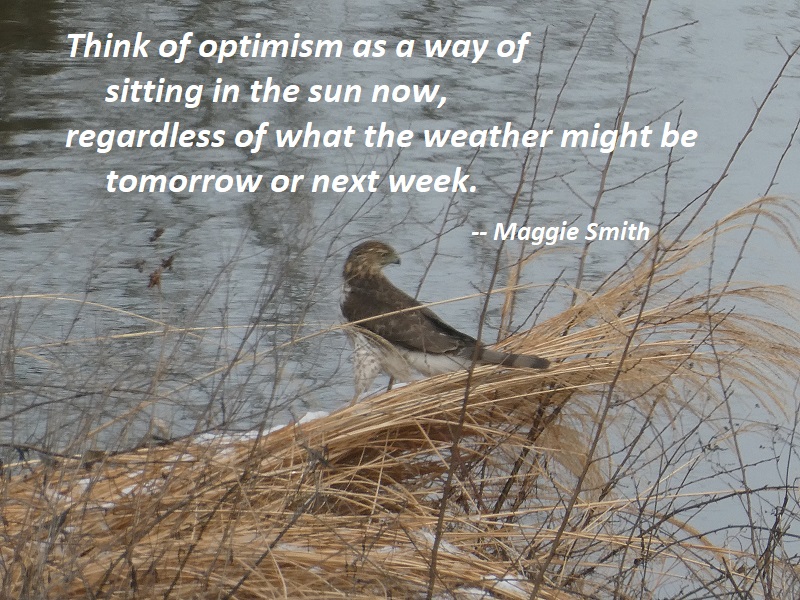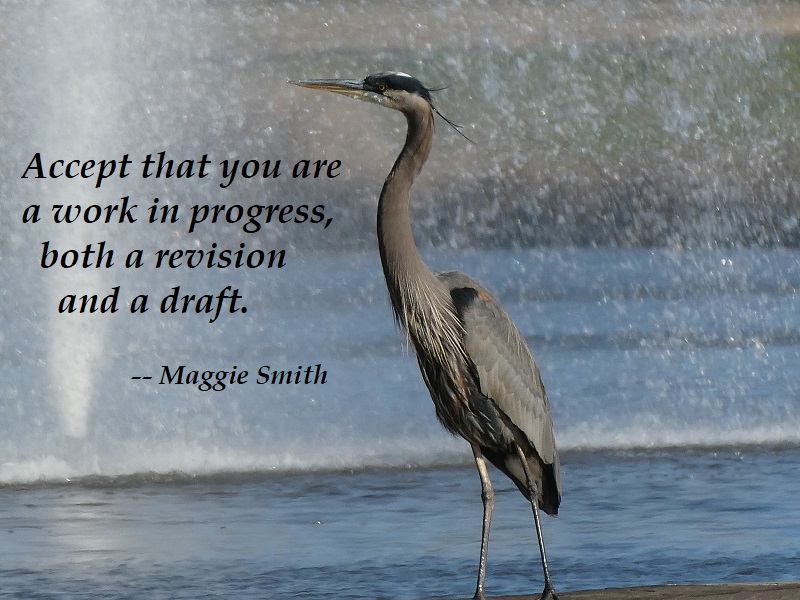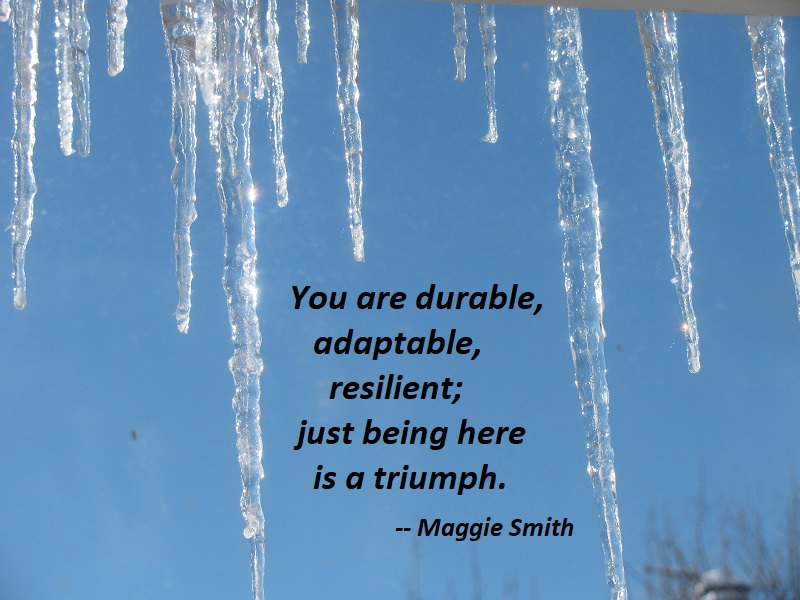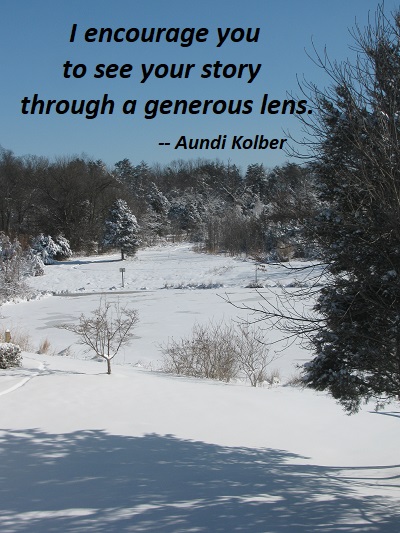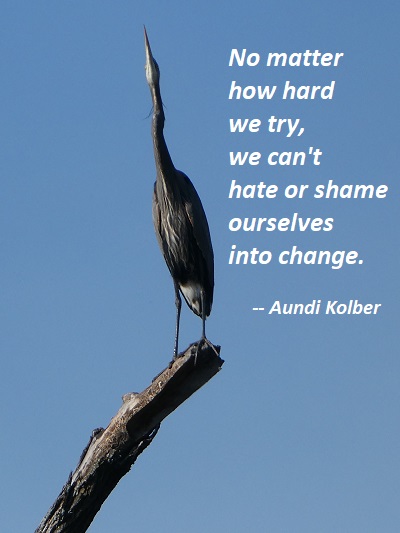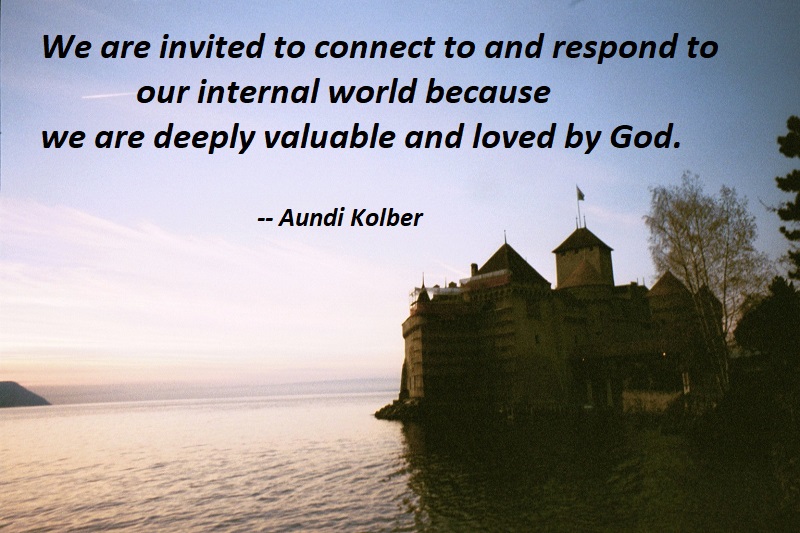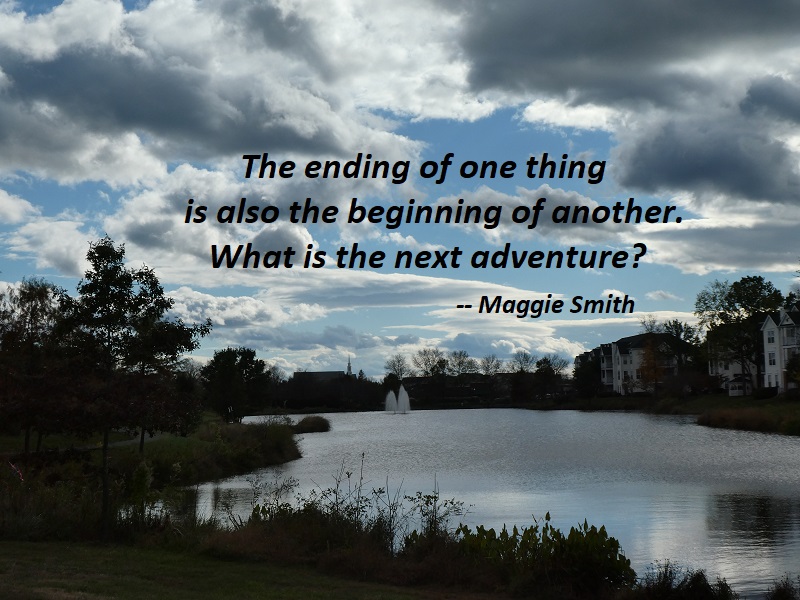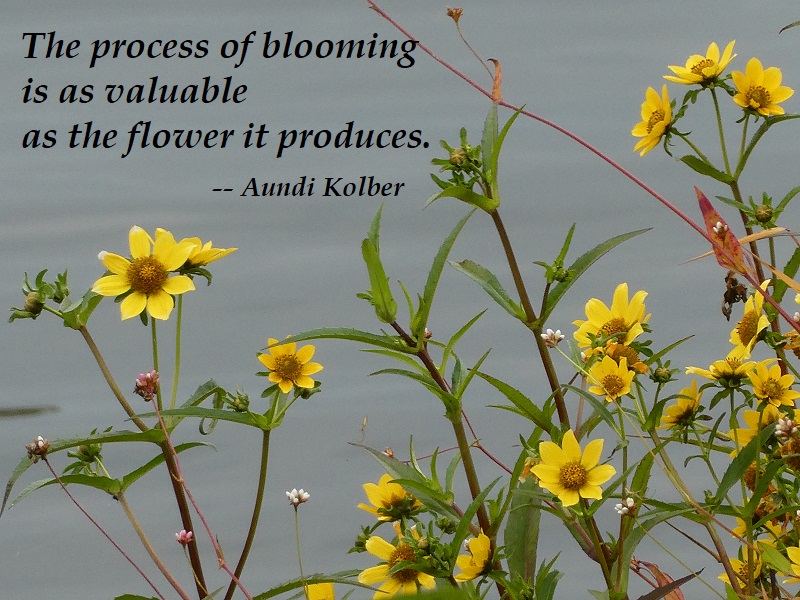
For much of my life, this guilt, pressure, and fear of exposure had left me fairly exhausted. But I am slowly but surely walking into a new story, gradually but most definitely jettisoning those things that don’t ring true anymore and traveling much lighter. My reverence for God has never been greater, my wonder never more full, my desire to know my Maker never stronger. The difference is, I now see God through the lens of one who is beloved, not one who is beloved with conditions. Life now is not a test to try and reach God, but an opportunity to notice God. I am seeking Jesus more deeply than ever — not to escape punishment, but to discover life as it is best lived. My faith is not about fleeing something horrible, but running toward something beautiful. I am daily responding in gratitude for the beauty of the gift of this world, not in the hope I can eventually escape it. I come to the Scriptures now not as divine dictation, but as the journal entries of those who came before me and who have walked this road of asking, seeking, and knocking.
— John Pavlovitz, A Bigger Table, p. 164
Photo: Rocky Mountains, January 7, 2020
